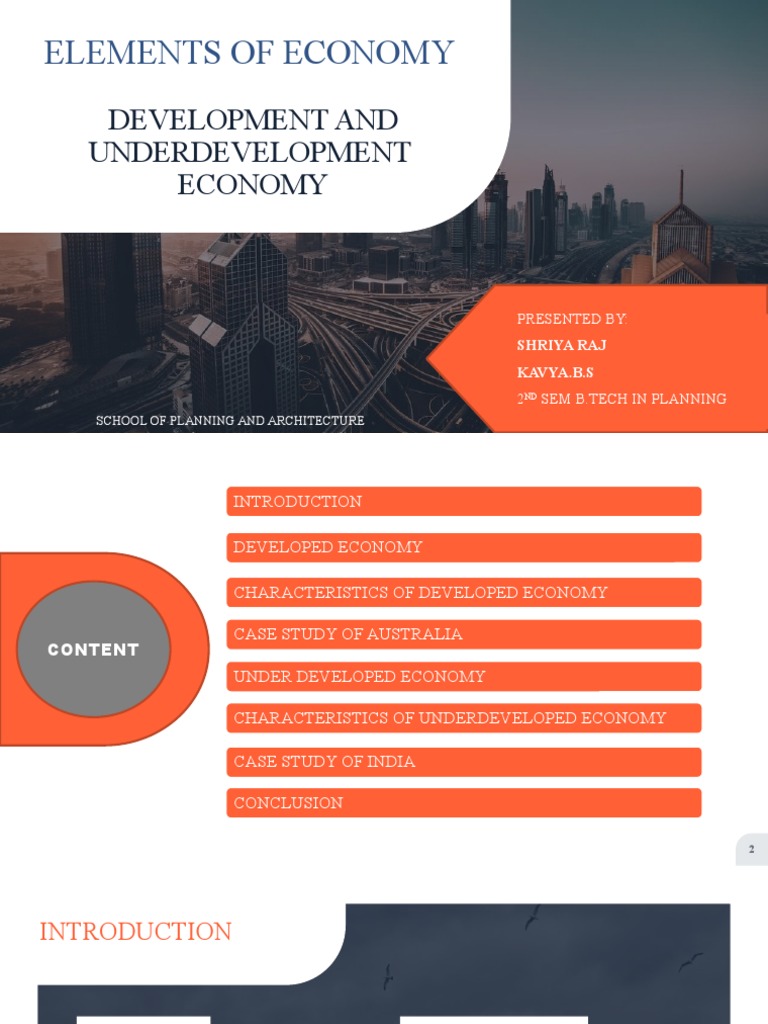The discourse surrounding the developed and underdeveloped dichotomy is a pervasive one, often laden with preconceived notions and stereotypes. This narrative frequently engenders a perception of superiority among the so-called ‘developed’ nations, while devaluing the cultures, histories, and potentials of the ‘underdeveloped’ regions. In contrast, Bahá’í teachings offer a transformative lens, advocating for a paradigm shift that transcends these divisive categorizations. This approach not only aims to dismantle the preconceptions associated with this binary but also invites a profound curiosity about the interconnectedness of humanity.
At the heart of Bahá’í philosophy is the principle of the oneness of humanity. This tenet posits that regardless of geographical, cultural, or economic differences, all individuals belong to a single human family. By promoting this notion, Bahá’í teachings encourage a reevaluation of the developed-underdeveloped dichotomy, urging adherents to recognize the inherent dignity and potential within every person, irrespective of their socioeconomic status. The rearing of this perspective fosters an appreciation for diversity and inclusion, rebuilding the narrative that often places undue emphasis on material wealth as a metric of success.
The Bahá’í teachings elucidate the importance of education as a cornerstone for societal advancement. Education is revered not merely as a tool for personal upliftment but as a collective responsibility. This notion challenges the pervasive deficits associated with underdeveloped nations, showcasing how empowerment through knowledge can transcend borders and transform communities. Bahá’ís advocate for equitable access to education, understanding education’s role in unlocking the untapped potential that exists within all parts of the world. Such a commitment signifies a departure from seeing underdeveloped regions as mere beneficiaries of aid to recognizing them as reservoirs of creativity and innovation.
Furthermore, the Bahá’í emphasis on consultation promotes a collaborative approach to problem-solving that engenders a sense of shared ownership and mutual respect among diverse stakeholders. By fostering open dialogue and collective brainstorming, the Bahá’í community exemplifies how solutions can emerge organically from partnerships rather than from unilateral impositions by developed nations. This model encourages an exchange of ideas that transcends traditional power dynamics, yielding solutions that are contextually relevant and culturally sensitive. By embracing this methodology, the Bahá’í teachings present an alternative narrative—one where every voice contributes to the tapestry of progress.
The recognition of the interdependence of all nations further enriches the Bahá’í narrative on development. Economic, social, and environmental challenges do not confine themselves to artificial borders. Climate change, for example, accentuates the interconnectedness of humanity, necessitating collective action. Bahá’í teachings advocate for a concerted effort to address such global issues, moving beyond isolated attempts at development to a holistic understanding where the challenges faced by one community are seen as the challenges faced by all. This collective identity champions a united front, wherein developed nations have as much responsibility to support and engage with underdeveloped regions as the latter bear in contributing to global solutions.
Moreover, the Bahá’í understanding of spiritual and material progress asserts that development cannot be solely quantified through economic growth or industrial output. Rather, a truly developed society embodies moral and ethical dimensions, emphasizing values such as justice, compassion, and equity. This perspective invites intrigue, as it discards narrow metrics of success and replaces them with broader lenses that account for societal well-being. As communities strive for true progress, they must consider the equitable distribution of wealth and resources, as well as the fostering of social harmony.
The implications of these teachings are profound. As individuals and communities embrace the Bahá’í principles of unity, education, consultation, and interdependence, they initiate a reawakening of consciousness regarding the potential of every human being. In a world rife with economic disparity and societal fragmentation, this revolutionary viewpoint inspires a curiosity that urges one to delve deeper into the complexities of global development. What might the world look like if we all committed to eliminating the stigma surrounding underdevelopment? How could a collaborative, inclusive approach rewrite the narrative of progress?
The journey towards transcending the developed-underdeveloped divide is laden with obstacles yet vibrant with opportunities. Engaging with the teachings of the Bahá’í Faith offers individuals and communities the tools necessary to approach development from an innovative and inclusive standpoint. As we navigate the nuances of globalization and the intricate web of human relationships, the allure of a more equitable future becomes not only desirable but imperative. Through collective earnestness and unwavering commitment to the principles of unity, we can foster a world that not only acknowledges our differences but celebrates our shared humanity.
Ultimately, the Bahá’í perspective on development transforms the concept of human progress into a collective tapestry woven from innumerable threads of diversity, cooperation, and shared dignity. By adopting this inclusive framework, individuals are challenged to broaden their horizons, confronting subconscious biases while actively participating in the construction of a future animated by mutual respect and understanding. In doing so, the divide between developed and underdeveloped can be bridged, paving the way for a truly unified global society where every voice resonates harmoniously within the chorus of humanity.
